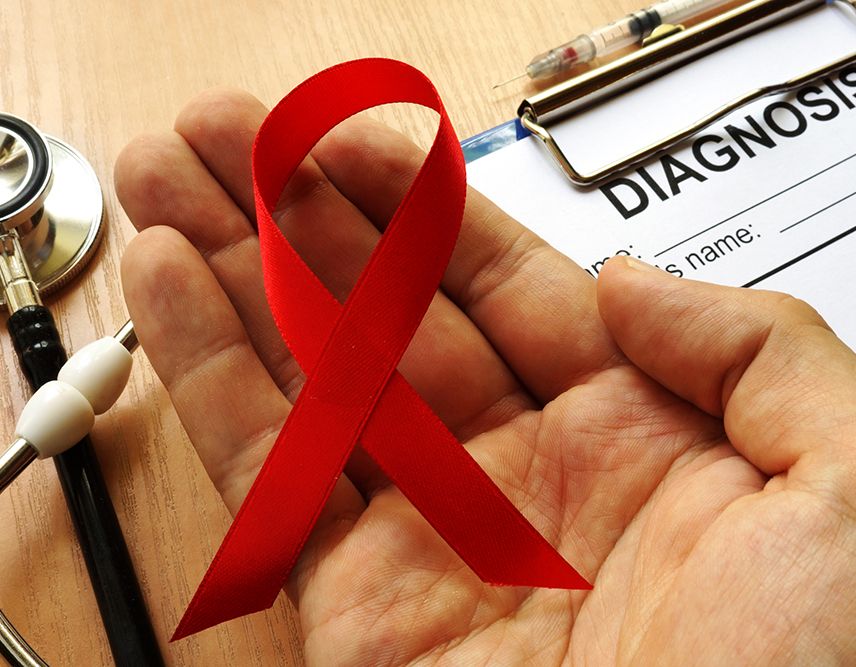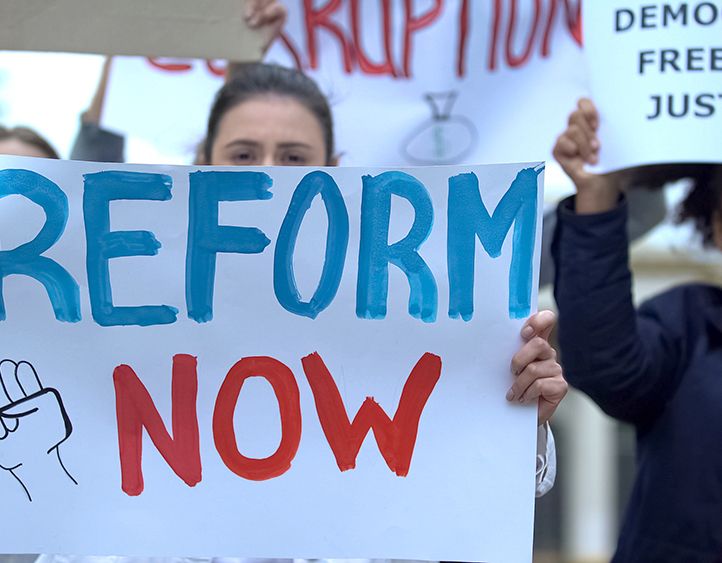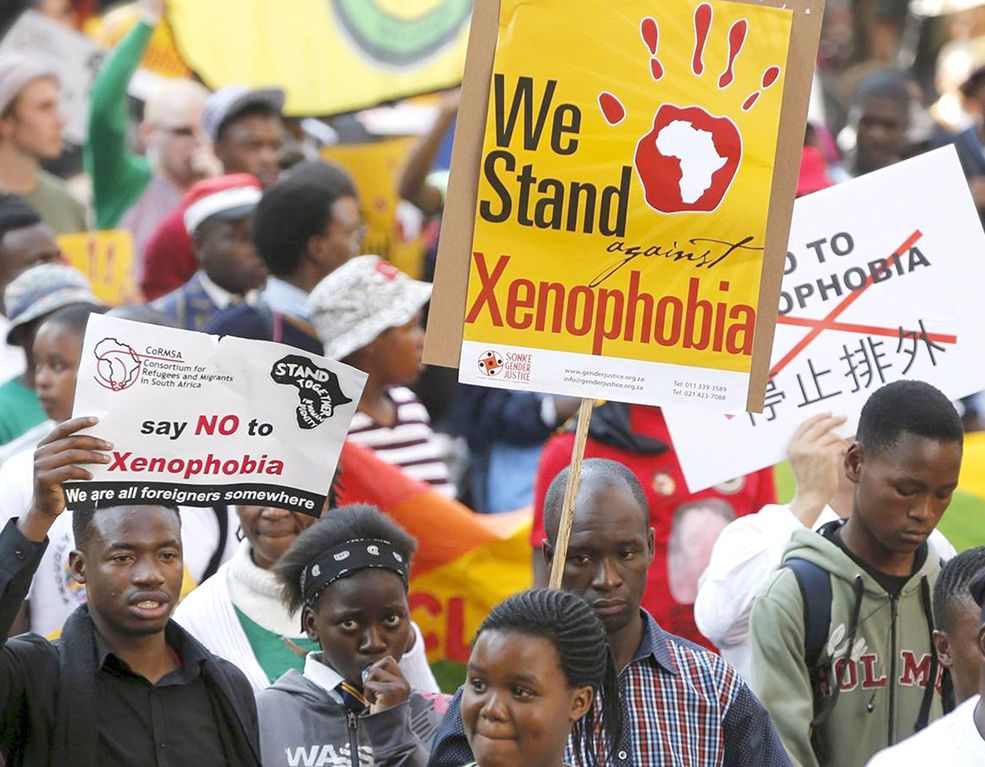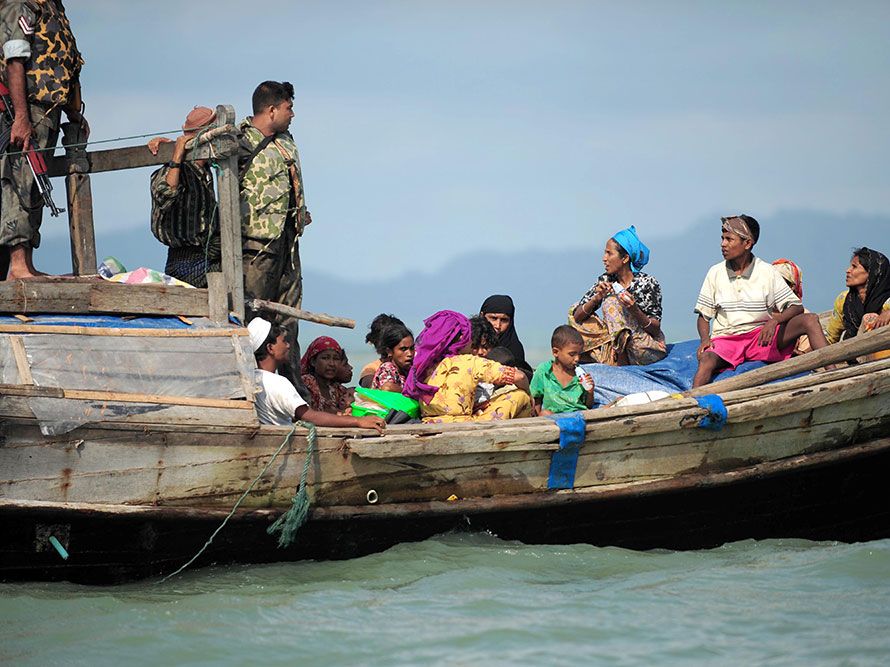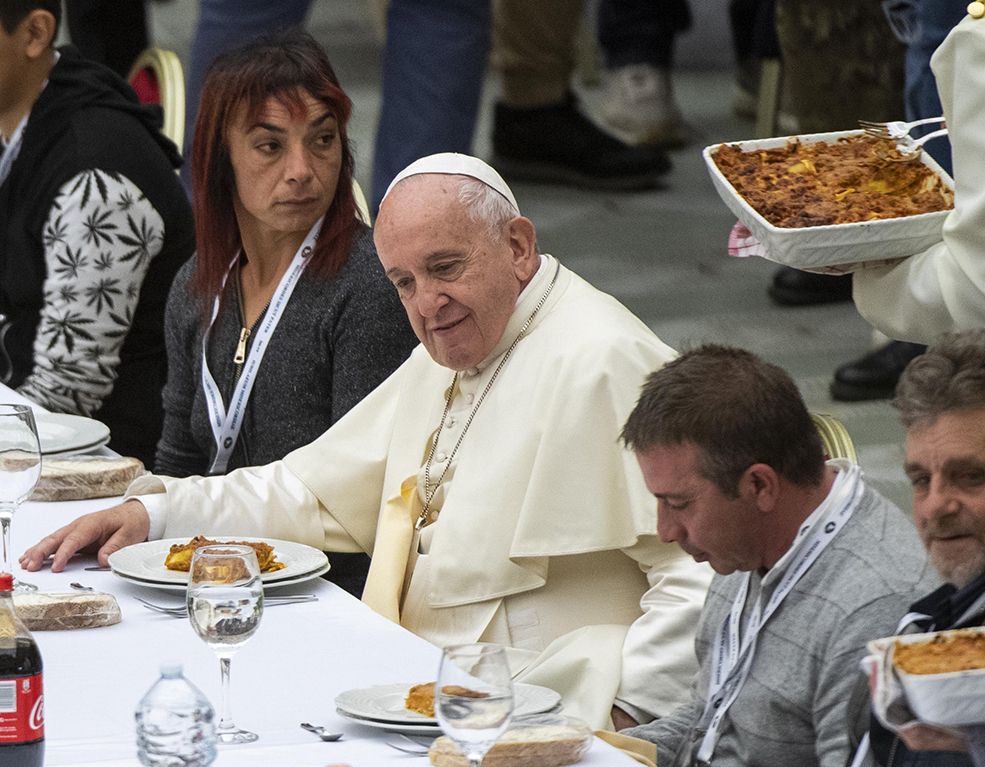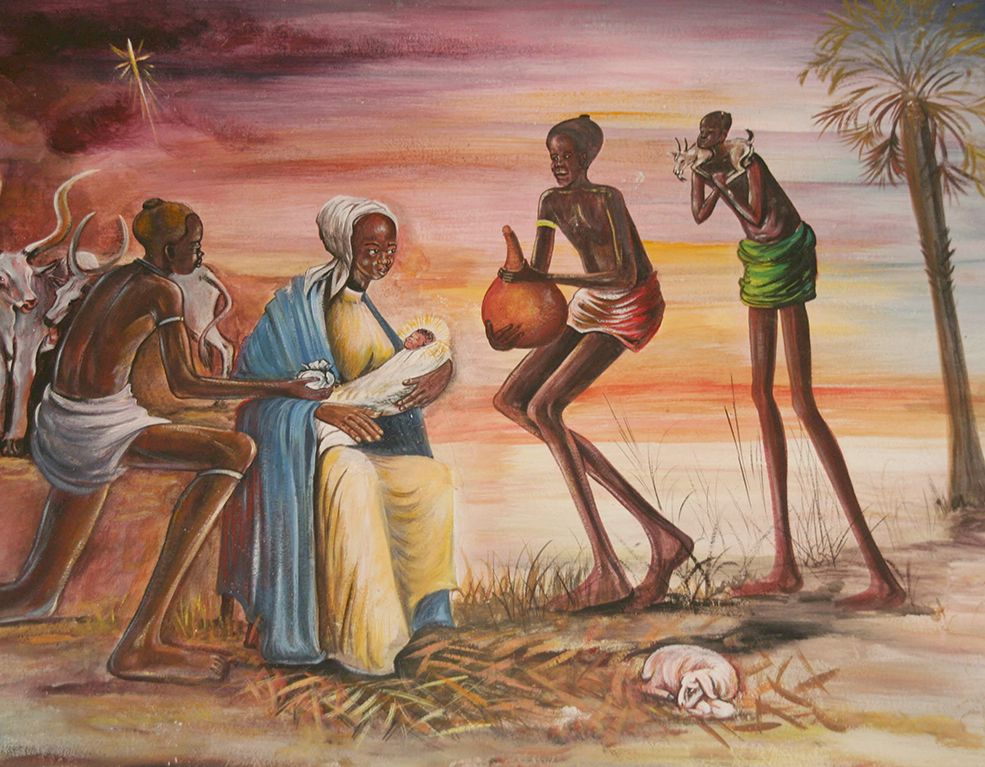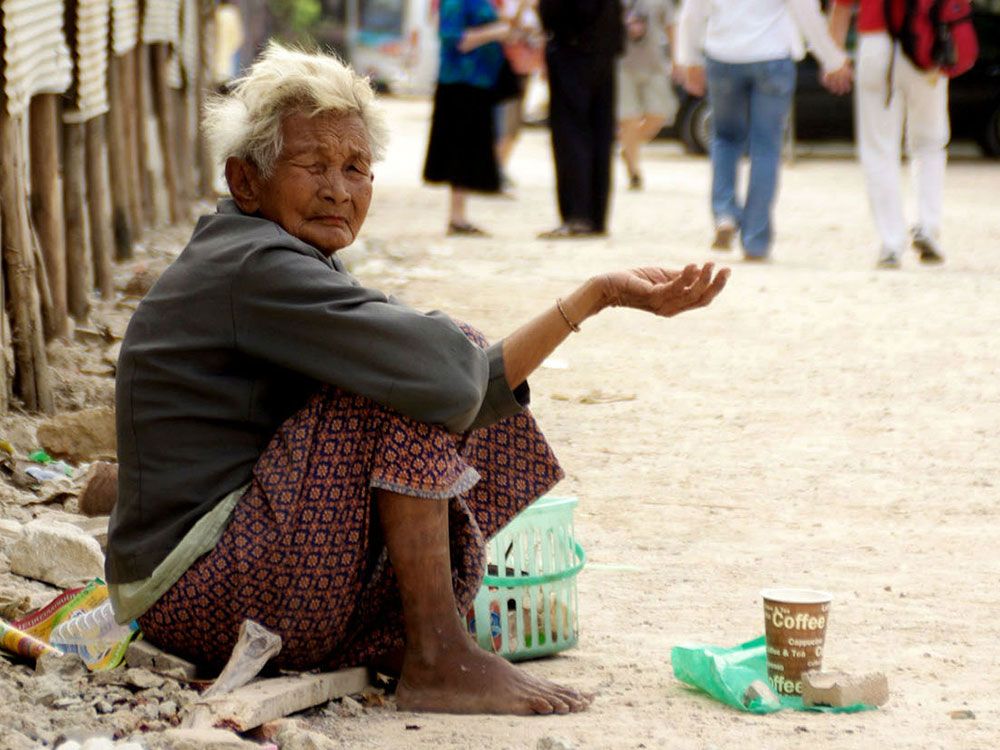The year 2023 will be dominated by inflation. After decades of moderate price increases, the rise in inflation has changed a lot of things. First of all, many central banks have raised benchmark interest rates to fight inflation, after long years of low or even negative interest rates.
Central banks are now faced with a question: Should they raise their interest rates to the point of risking a recession? The negative effects of persistently high prices are seen by some central banks, such as the European Central Bank and the U.S. Federal Reserve, as justifying a short and shallow recession. The expected recession may turn out to be more severe than expected. This is something we will only know over the course of the next year.
The truth is that more expensive money, and therefore more expensive credit, is almost the only weapon available to combat a rise in prices. But it leads to a brake in economic growth. In other words, economic growth is slowed to relieve inflation.
Although in some regions of the world the level of inflation seems to have stabilized or even receded, in many cases it already exceeds 10%, threatening to entrench in societies a strong expectation of permanently rising prices, which makes it very difficult to fight inflation.
Slow Economic Growth
With or without a recession, economic growth in 2023 will slow down. In fact, it is already slowing in many parts of the world. This slowdown, together with sharply rising prices, will compound the financial difficulties of millions of people and businesses.
To avoid falling into a vicious circle of inflation stimulated by measures intended to mitigate the effects of rising prices on people’s purchasing power and corporate cash flow, people and companies will experience a decline in their purchasing power.
Largely as a reflection of this environment, many governments will make it more difficult for foreign workers to enter. Containing immigration seems to be the goal of several governments. Given the shortage of workers in some European countries, among others, this may hinder business activity in those countries, as well as reveal a great lack of international solidarity.
War In Ukraine And Other Wars
The war in Ukraine, triggered by the Russian invasion, will weigh on the economy in 2023, especially in Europe. This conflict, which interrupts a long period of peace on the European continent, has already led to a brutal rise in energy prices.
Surely this is the result of excessive dependence on Russia for energy from some European countries. Everyone agrees today that such dependence was a mistake that will be paid for in the years to come. In 2023, the efforts of countries that were most dependent on Russian natural gas and oil to find alternative suppliers will continue.
No one knows when the war in Ukraine will end; I wish it would end in 2023. But many other wars, some less present in the media, persist in other parts of the globe, with their burden of death and suffering. Terrorism, which kidnaps and murders many people, especially in Africa, is an obstacle to the growth of economies. It is also far from subdued. Unfortunately, this situation is not expected to see any relief by 2023.
Environmental Care
An important question arises about 2023: Will it finally be in this year that governments will seriously tackle global warming and climate change? Climate change is already a reality, and it will not be easy to find anyone who denies it, but governments have nevertheless shown a distressing inability to act in time to prevent greater evils.
The demonstrations, especially by young people, about government inertia will certainly intensify next year. It is important that public opinion forces governments to act. This will, of course, be less difficult where democratic regimes exist.
In 2022, a small step was taken toward ensuring some fairness in combating climate change. The principle was accepted that the developed countries should contribute financially to the less developed countries’ abilities to cope with climate problems. These countries rightly claim that for centuries the developed countries have damaged the environment without paying for it. We will see in 2023 whether this aid to the least developed countries materializes.
Meanwhile, the rising water levels of the oceans will intensify the departure of many people from places where the sea will no longer permit habitation. It is important that international solidarity be shown for the problems of this kind that will occur next year.
In his 2015 encyclical Laudato Si’ (“Praise be”) on the “care for our common home,” Pope Francis expressed a deep commitment to combating climate change and environmental degradation. Following the interventions of previous Popes, notably St. John Paul II, Pope Francis calls on Christians and all people of goodwill to not only respect the Earth but also to praise and honor God through their engagement with creation.
China, The Pandemic, And The Economy
China, the world’s largest importer of oil, faces problems in containing the pandemic (COVID-19), which will continue for most of 2023. The Chinese Communist Party decided three years ago to follow a policy of zero tolerance for COVID-19. This led to compulsory and sometimes violently enforced confinements. This policy led to protests from the population, which in some cases demonstrated against the dictatorial power of the Chinese Communist Party.
By the end of 2022 and despite the pandemic staying high, the political power in China decided to change policy and abandon the forced constraints. It is feared that the pandemic will spread there in 2023, halting China’s economic growth.
For decades and until recently China had spectacular economic growth. But with Xi Jinping’s leadership, that growth has slowed considerably, partly because of the confinements and also because Beijing’s political power has become more oppressive. Business decision-making freedom in China is now much less than it was in Deng Xiao Ping’s time, which will translate into modest Chinese GDP growth rates.
Globalization Retreat
Globalization is set to recede again in 2023. The trend toward protectionism will be felt everywhere, spurred by fears of falling imports of goods. And trade conflicts could multiply.
These threats and the concern with the security of supply induce several countries to seek greater autonomy and less dependence on imports. This will not only hinder a more reasonable distribution of productive activities through international trade but will also drive up prices in general, since goods that replace imports are usually more expensive. Inflation has many causes.
One example of the trade conflicts that are likely to occur in 2023 concerns trade between the United States and the European Community. Joe Biden has pushed through a law that gives American companies generous subsidies. European political leaders such as Macron, president of France, have already expressed their displeasure in Washington that European countries cannot afford to subsidize their companies to the extent that American politicians do. This conflict could be overcome by 2023. But a “trade war” between Europeans and Americans cannot be ruled out.
Reforming The Market Economy
In 2023 much criticism will be heard of the market economy. Capitalism does not have a good image on an ethical level. But the known experiences of collectivist economies do not offer an acceptable alternative to the market economy. Not even Soviet Communism or Chinese Communism have shown themselves to be superior to capitalism in caring for the environment.
That said, it is clear that capitalism needs reforms that will eliminate what Pope Francis has called the “economy that kills.” The market is an excellent institution for economic growth, but it must be recognized that it has limits. The Social Doctrine of the Catholic Church and the Popes’ messages for World Peace Day (January 1) have drawn attention to these limits.
Number 348 of the Compendium of the Social Doctrine of the Church reads as follows: “The free market cannot be judged apart from the ends that it seeks to accomplish and from the values that it transmits on a societal level. The market, in fact, cannot find in itself the principle of its own legitimation. It is up to individual conscience and public responsibility to establish a just relationship between means and ends.”
In other words, it is up to ethics and politics to have a decisive say about the market economy, in the many manifestations it embodies.









